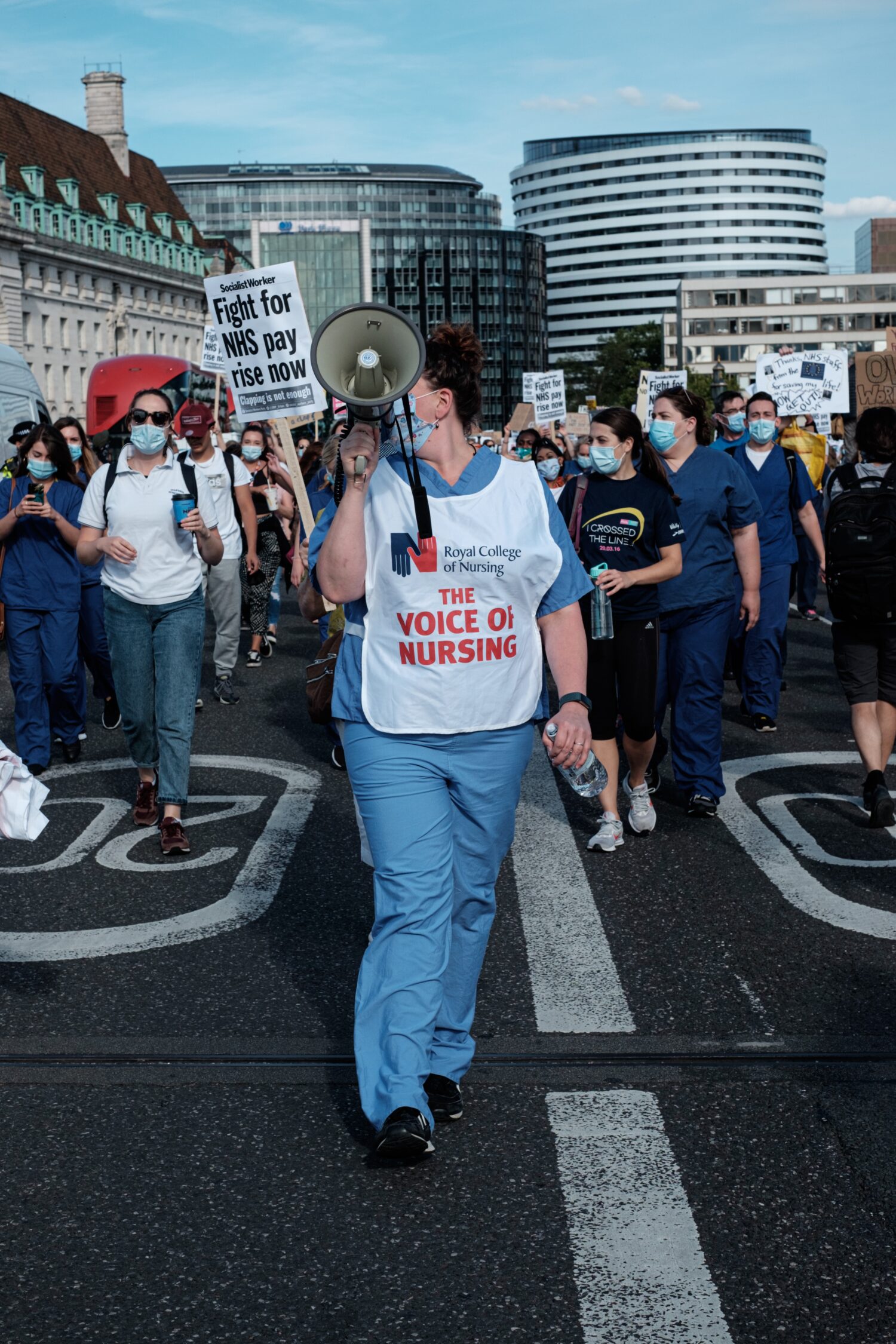A national consensus
Public attitudes to strikes show widespread support for fairness, argues Will Snell
The late Jo Cox MP was right when she declared: “We are far more united and have far more in common than that which divides us.”
But there is undoubtedly potential to build a more united society still. The concept of fairness can help with that mission, bringing people together around a shared vision of what a good society looks like.
When we launched the Fairness Foundation in late 2021, we developed a five-pointed definition of fairness: fair essentials, fair opportunities, fair rewards, fair exchange and fair treatment. Polling conducted in April 2022 suggested that most people agreed with us, regardless of their political leanings.
It is crucial to tap into this latent consensus. As More in Common, the organisation set up in the wake of Jo Cox’s tragic murder, has argued: “There is a consensus on the need to address inequality that transcends political divisions and reflects majority views… most believe that the economy does not afford enough opportunity for those who work hard and want to get ahead… [and] integrate a belief in personal responsibility [with] the need to do more to reduce inequality.”
Our aim is to demonstrate that, in a range of areas, the public is more united – and more supportive of bold action by governments to build a fairer society – than politicians, the media and people in general believe to be the case.
To this end, we recently researched a politically salient but challenging topic: attitudes to the ongoing wave of strikes. The polling we commissioned broadly echoed the splits that others had found – that Labour voters were more supportive than Conservative voters, and that strikes by nurses, emergency workers and teachers attracted more support than walkouts by university staff, civil servants and highway workers.
However, we did find evidence of a shift in how people think about the broader issues behind the strikes. We asked how much people agreed with a set of fairness arguments for and against strikes and found surprising levels of agreement across political lines. For example, 72 per cent of 2019 Conservative voters and 81 per cent of Labour voters agreed that “pay gaps between ordinary workers and chief executives have grown too large”. Large majorities of both groups agreed that most of the new wealth that is being created is going to people who are already wealthy (61 per cent of Conservative voters, 79 per cent of Labour voters); that some workers are paid less than they need to get by for a decent standard of living (62 per cent of Conservative voters, 78 per cent of Labour voters), and that workers’ pay is not keeping up with inflation, so they are earning less than they used to (68 per cent of Conservative voters, 79 per cent of Labour voters).
What to make of these findings? We asked Martin O’Neill, professor of political philosophy at the University of York, for his take. His view was that the data “gives us a striking, and strikingly bleak, snapshot of a country that is now systematically failing to deliver for its citizens on even the most basic standards of fairness and social justice”, and that the research presented ” a picture of a society in which the social contract between individuals and the state has effectively broken down”.
We agree; there is now a clear and substantial majority in this country who recognise not only the existence but also the severity and urgency of these problems. Even the Conservatives are beginning to wake up: judging by the recent softening of the government’s negotiating tactics with those unions that have the strongest public support , it seems to be coming to the belated realisation that the public does not buy its attempt to blame strike action on the unions, even after weeks of on-off disruption.
What does this mean for Labour? In the short term, we think that it can take a bolder line on its public narrative around the strikes, based on a confidence that public concern about the underlying issues is high, even if support for the strikes themselves is variable. In the medium term, we hope to provide more evidence of stronger-than-expected public support for a range of bold policy solutions that a potential future Labour government might consider. Some solutions will flow directly from Keir Starmer’s “five bold missions for a better Britain”, while others will complement them. Underlying them all, we believe, is the power of fairness to build a new national consensus.
Images: Alarichall/Wikimedia Commons
Ehimetalor Akhere Unuabona/Unsplash

